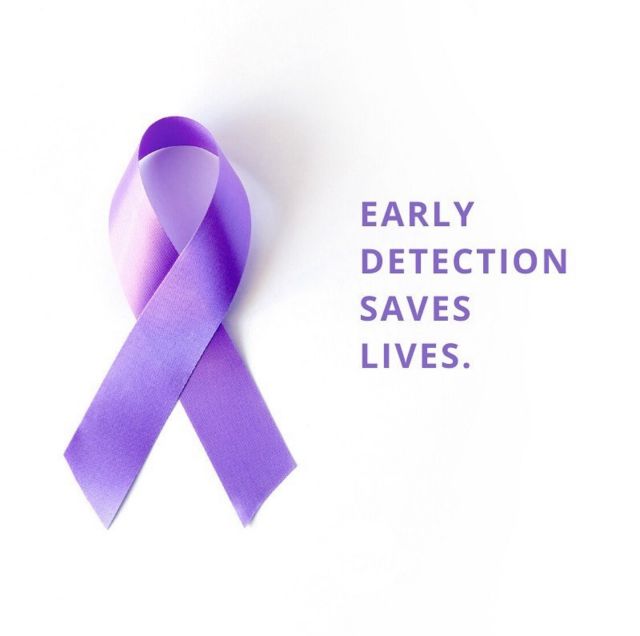The adversity of pancreatic cancer and the fact that it is diagnosed late are two of the factors that make it a problem for oncologists. While researchers continue to investigate its complexity there are questions about its causes. genetic predispositions. methods to prevent it. and the help offered by pancreatic cancer organizations.

Can Pancreatic Cancer be genetic?
One of the main questions concerning pancreatic cancer focuses on its genetic component. While the majority of cases of pancreatic cancer are thought to be sporadic, which means that they are not caused by an apparent hereditary reason, a small percentage of cases is related to genetic mutations. Certain genetic conditions like familial atypical mole melanoma, Lynch syndrome and hereditary melanoma are associated with an increased risk of pancreatic carcinoma. For familial pancreatic carcinoma there are mutations in the genes BRCA1, BRCA2, PALB2, ATM and BRCA2. Understanding the genetic basis of pancreatic tumors not only sheds some light on their causes, it also helps to determine screening and assessment strategies.
Pancreatic Cancer: Prevention and Treatment
In light of the dark outlook that is associated with pancreatic cancer, it’s vital to take action to avoid the onset. Although some risk factors, like age, gender, race, and family history are outside of one’s control, there are lifestyle modifications that can help mitigate risk. The reduction in pancreatic tumor chance is due to stopping smoking, maintaining an ideal weight for a healthy body and limiting the consumption of alcohol and consuming a diet rich in vegetables, fruits and whole grain. People who have a history of pancreatic disease, or who have known genetic predispositions can benefit from genetic testing and counselling to determine their risk. In groups at high risk taking care of modifiable risk factors and encouraging early detection may help prevent pancreatic cancer.
Pancreatic Cancer: Causes and Treatment
Understanding the main causes of pancreatic cancer is pivotal in devising effective prevention and intervention strategies. Although the mechanisms behind pancreatic cancer are not fully understood, several risk factors are known. Smoking and smoking cigarettes, which account for 20% to 30% or more of pancreatic cases of cancer, is among the most significant risk factors. Chronic pancreatitis, which is that is characterized by inflammation of the pancreas, has also been implicated as a precursor to pancreatic cancer. Furthermore to diabetes, obesity, and certain dietary habits such as the consumption of red and processed beef have been linked to the increased risk of pancreatic cancer. By addressing these key risk factors and implementing specific preventive measures, the incidence of pancreatic cancer may be attenuated.
Pancreatic Cancer Charity: A Beacon of Support
Faced with the difficulties presented by pancreatic carcinoma The importance of pancreatic cancer charities can’t be overstated. These organizations are valuable resources offering assistance, education and advocacy for patients, caregivers and healthcare professionals. Pancreatic Cancer Charities offer many services, including financial assistance, support group, informational resources and access to clinical trial. The organizations also play a important role in promoting public awareness of pancreatic cancer, encouraging early detection and pushing for increased funding for research. Through collaboration and encouraging community engagement, pancreatic cancer charity organizations aim to make an important contribution in the fight against this devastating disease.
Finding the Landscape of Pancreatic Cancer
Pancreatic Cancer Charity offers support services as well as a thorough knowledge of genetics. While genetic causes are responsible for a subset of cases, efforts to reduce the risk of pancreatic cancer are focused on risk factors that can be modified and early detection for those at high risk. In order to improve outcomes and reduce the incidence of the disease it is imperative to understand the root causes of pancreatic cancer and draw on the power of pancreatic charity organizations. With the growth of research and increased awareness, we could count on an improved future for patients fighting pancreatic cancer.
